Ah, wine. A classic and, dare we say, perfect pair to dinner. Whether it’s a night out with your special someone, or dinner with friends and family at your house, a glass (or two) of wine will complete the evening.
Of course, finding the perfect bottle is not easy. For one, you have to consider what goes well with what you’re having for dinner. For example: a Cabernet or a Malbec pairs well with steak, while a Prosecco or Moscato would complement fish the best. For another, you have to determine which flavors you want out of your wine – do you want the sweeter, fruity variety or the ones with earthier notes?
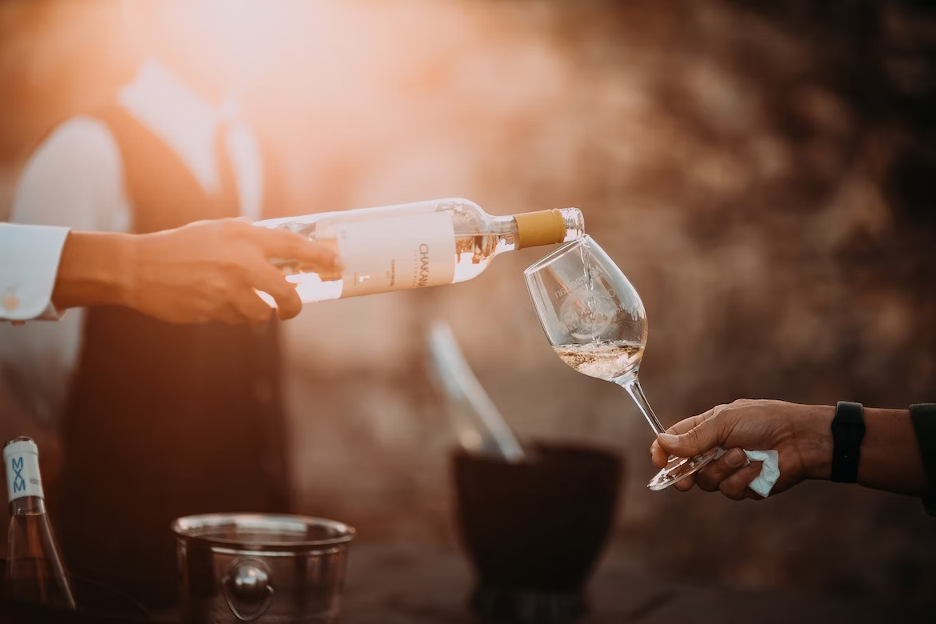
Still another consideration is the reason why you’re choosing a bottle in the first place. Is it for a celebration? A gift, perhaps? Or just a simple night out on a cool Saturday evening?
Now there’s another set of parameters to consider when choosing your wine: whether you prefer sustainable, biodynamic, or organic wines. But how does each one differentiate themselves from the others? What are the main things to take note of for each one? Let’s find out.
Sustainable Wines
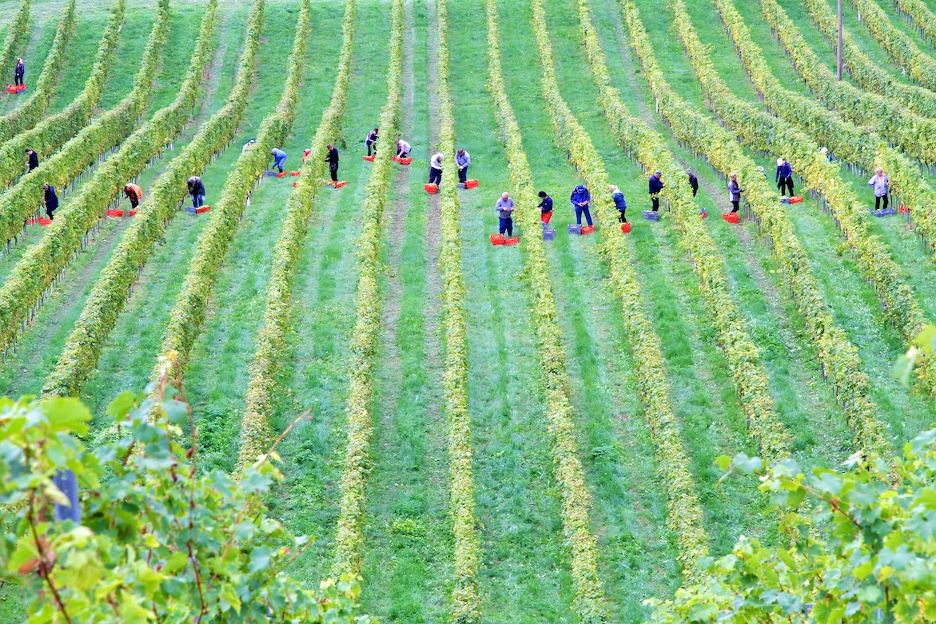
“Sustainability” is being thrown around a lot nowadays, but for several companies and industries, it’s more than a buzzword. With climate change at the forefront of core issues that world powers are solving today, more companies are making the effort to reduce their resource use, generated waste, and carbon footprint. The winemaking industry is no exception.
Simply put, sustainable wines refer to wines produced with less resources and waste. Sustainable vineyards have basically employed techniques and best practices for efficient resource management and improved winemaking process, like the following:
- Conservation of water and energy
- Water and air quality improvement (air filtration, water treatment)
- Efficient waste management (reusing byproducts as mulch or fuel)
- Natural techniques to combat pestilence (cultivating plants that attract predators for or naturally repel pests)
- Carbon emission reduction through biodiesel fuels
- Sustainable packaging (less plastics and non-biodegradable packaging components)
- Land stewardship and preservation (social responsibility to communities in and around the vineyard)
- Fair wages for workers and employees
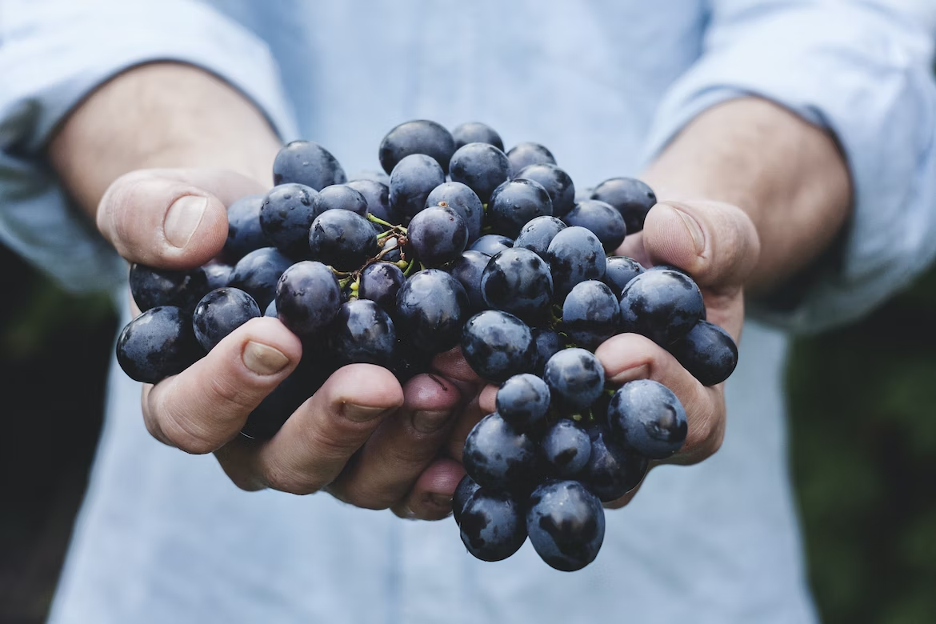
Sustainable winemakers follow a holistic approach that benefits the land and the people who work for them. Of course, quality is never sacrificed, so customers enjoy delicious and rich-tasting wine while supporting environmentally-responsible companies.
Some examples of sustainable wines include:
- 7 Deadly Zins from 7 Deadly Wines
- Benziger Chardonnay from Benziger Family Winery
- Cabernet Sauvignon from McManis family Vineyards
- Shannon Ridge Petit Sirah from Shannon Family of Wines
Biodynamic Wines
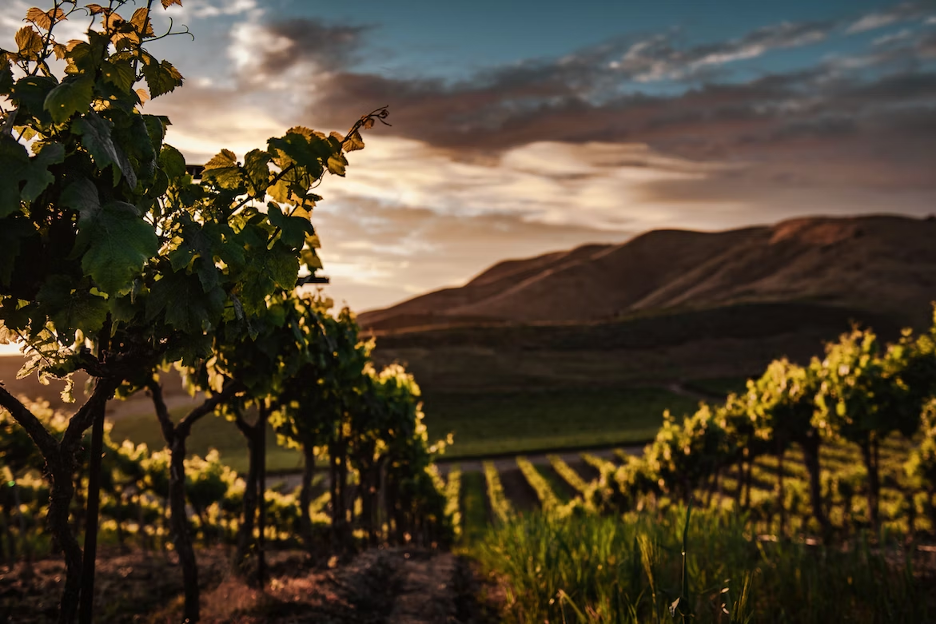
If you think the phases of the moon have no relation to wine production, think again. At least, that’s what biodynamic winemakers believe in. According to the Biodynamic Farming and Gardening Association, biodynamic farming is:
…a spiritual-ethical-ecological approach to agriculture, gardens, food production and nutrition.
Basically, biodynamic vineyards grow and produce wine with more traditional and ancient techniques, which involves looking at the vineyard as its own ecosystem – living, breathing, and deeply interconnected to the universe.
Rudolf Steiner, an Austrian philosopher, started this agricultural practice in the 1920s. He believed in “living and farming together with the earth and its movements,” following astrological influences and the lunar calendar. Generally, there are four distinct lunar cycles to take note of in biodynamic farming:
- Fruit days – rooted in the fire sign, and are days of the lunar cycle meant for harvesting.
- Leaf days – rooted in water signs, and the days when plants should be watered.
- Root days – aligned with the earth sign, which is when you prune the plants.
- Flower days – air sign aligned, here is when the vineyard should be left to rest.
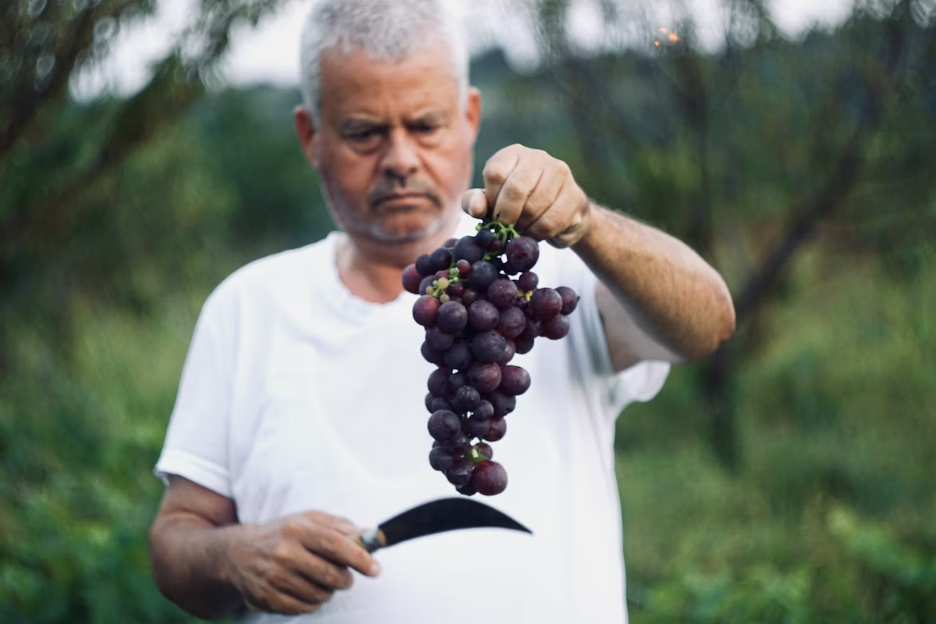
Moreover, since this practice embraces nature, artificial processes and chemicals are out of the question. The soil is the most vital component of the process, and it is nourished with a combination of natural components – cow manure, cow horns (important note: not bull’s horns), fermented herbs, gems, and minerals. Scientifically, this blend helps good microbes and fungi thrive in the soil, priming it for plant growth.
Some of the vineyards that follow biodynamic practices are as follows:
- Domaine Leroy
- La Coulée de Serrant
- Maison Chapoutier
- Montinore Estate
- Rose Hill Vineyards & Inn (formerly Shinn Estate Vineyards)
- Sybille Kuntz
Organic Wines
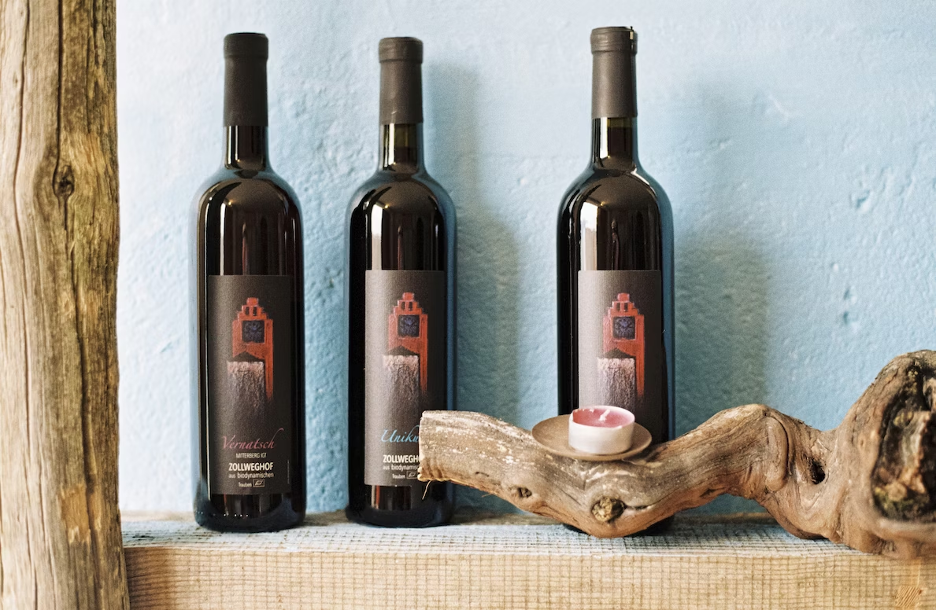
Living organic is living healthily, some would say. But for wine, what would organic mean? Here’s what the US Department of Agriculture (USDA) has to say:
Before wine can be sold as organic, both the growing of the grapes and their conversion to wine must be certified. This includes making sure grapes are grown without synthetic fertilizers and in a manner that protects the environment and preserves the soil. Other agricultural ingredients that go into the wine, such as yeast, also have to be certified organic. […] And, while wine naturally produces some sulfur dioxide (sulfites), they can’t be added to organic wine. Sulfites are commonly added to wines to stop the fermentation process or preserve the flavor profile.
To ensure this, the USDA only gives the organic seal to vineyards that pass their standards, much like how organic pears or apple farms are certified. This means the organization has evaluated and verified that all the ingredients used are 100% organic, with the entire production process being closely monitored. For European vineyards, ECOCERT provides the certifications that signify the authenticity of the organic wines.
Naturally, because of the lack of sulfites than the usual variety, organic wine spoils easily. A wine cellar doesn’t help much to extend its shelf life. If you want to enjoy your organic wine with the best possible quality, here are a couple of important notes to follow:
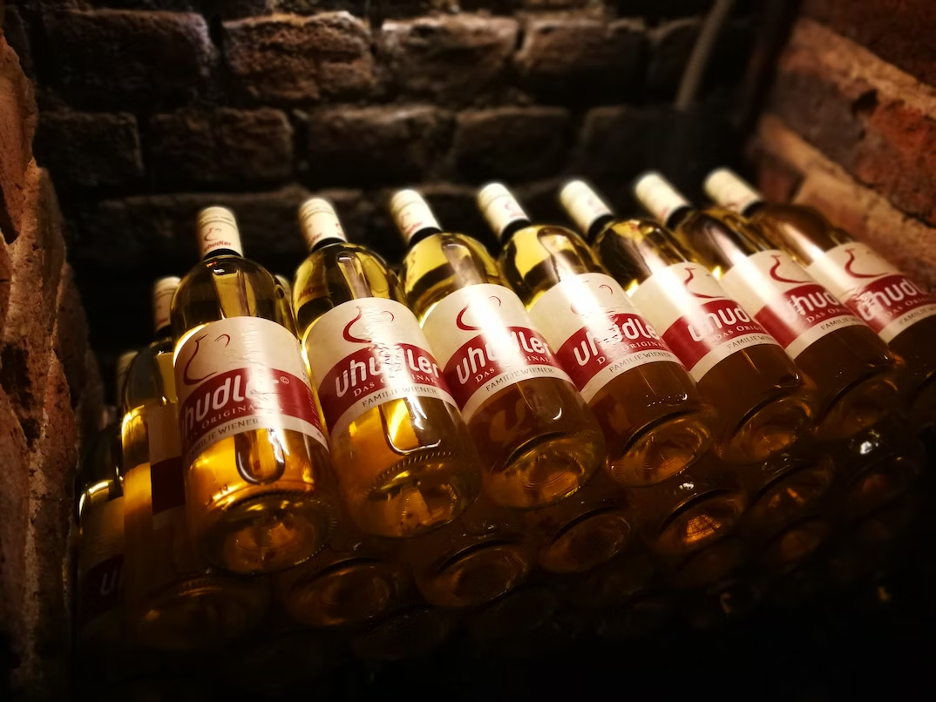
- Store your wine in temperatures between 12–18 degrees Celsius (53.6–64.4 degrees Fahrenheit).
- Store it in a dark area — even naturally-occurring UV light causes organic wine to spoil fast. Use a wine cooler or an ageing wine cabinet
- Once opened, make sure to seal it securely before re-storing. Consume the wine within a year, though some varieties can last for up to two years. .
Here are some organic wines you could try:
- Famille Perrin Nature Côtes du Rhône
- Château Trians Provence Rosé
- Ch. Mercier Côtes de Bourg Bordeaux Rosé
- La Cappuccina Sauvignon Blanc
- Umani Ronchi Villa Bianchi Verdicchio dei castelli di Jesi 2016 DOC Classico
- Vignobles Bulliat Crémant de Bourgogne Brut
***
No matter the occasion or the food you’re pairing it with, there’s a specific kind of wine for you. Whether it’s the sustainable kind, biodynamic, or organic wine, it’s only a matter of finding out which one suits your palate and your preferences.
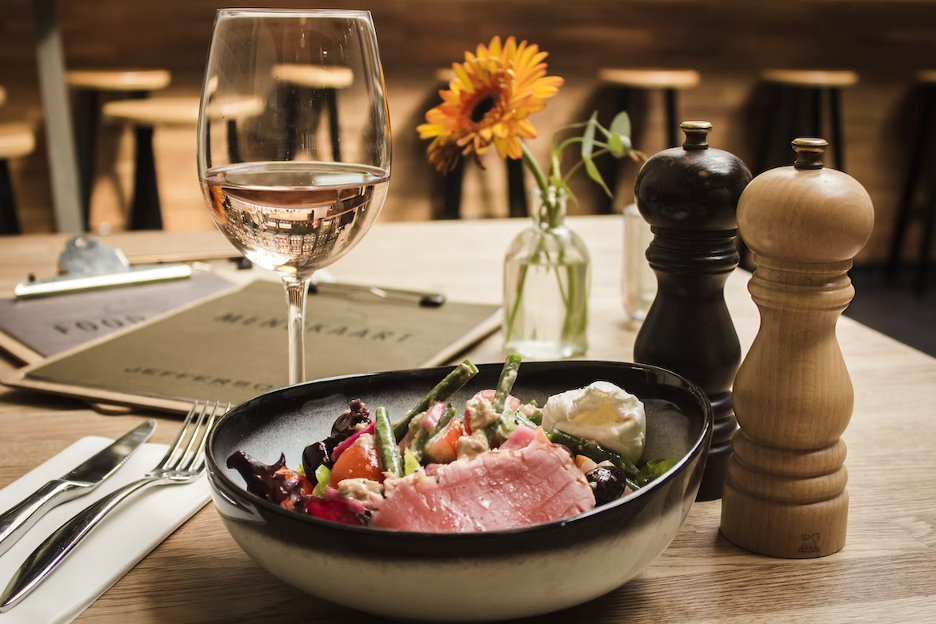
Before you go and buy a bottle, however, it’s important that you have somewhere to store it in. But new wine cabinets and coolers can be pretty expensive, so why not find yourself a pre-owned one? Check out The Local Flea here and find a wine cooler or cabinet that suits your needs!
Sources:
- What’s the Difference between Organic and Biodynamic Wines? – ABC Fine Wine & Spirits
- What’s the Difference Between Sustainable, Organic and Biodynamic Wine? – The Alcohol Professor
- Organic Wine, Sustainable, Biodynamic: Is There a Difference? – Bright Cellars
- How to Choose Wine: Tips for Picking a Good Bottle of Wine – Royal Glass
- A Complete Guide to 13 Types of Wine: Everything to Know About Red, White, and Sparkling Wines – MasterClass
- What Goes Into Sustainable Wine? – Pull the Cork
- Biodynamic Wine, Explained – Vine Pair
- Organic 101: Organic Wine – US Department of Agriculture
- How To Store Organic Wine: Facts & Tips – Expert Wine Storage
